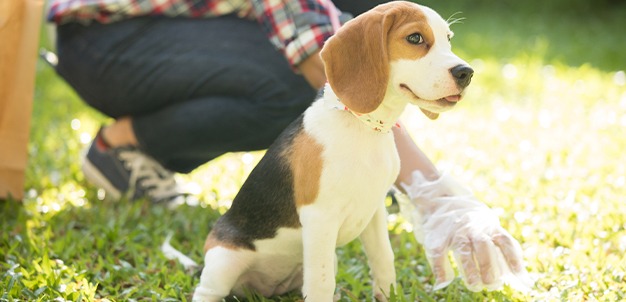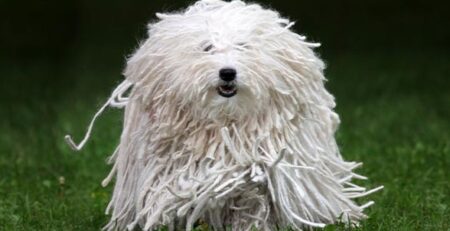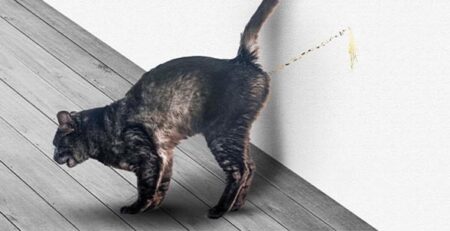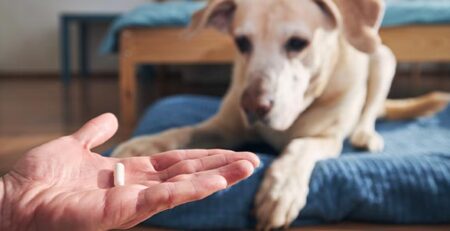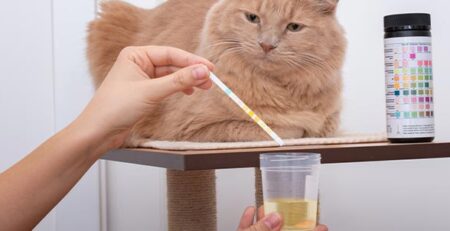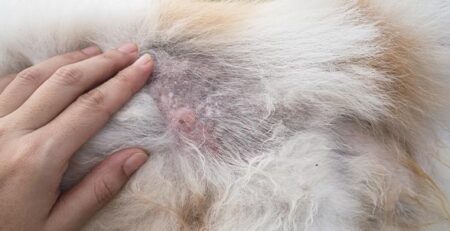Table of Contents
Giardia is the parasite responsible for the disease called giardiasis
Transmission of Giardia occurs through direct contact with the cystic form of the parasite found in contaminated water, food, or feces.
There are 7 subtypes of Giardia: one of these affects the dog and two also affect domestic felines.
Compared to other parasites, Giardia is more difficult to eradicate because affected individuals eliminate with feces a thousand cysts capable of remaining infectious for months, and the parasite is quite resistant in the outdoor environment especially if it finds it “suitable.”
Is Giardia transmitted to humans?
Giardia can parasitize many mammalian species, and transmission between animals and humans is theoretically possible.
However, domestic animals such as dogs, cats, and cattle are often parasitized by species-specific strains that are unable to infect humans.
Conversely, on the other hand, human strains are all capable of infecting numerous mammalian species, including dog and cat.
As with most parasitoses, humans can become infected if they ingest food or water contaminated with infected feces and not by direct contact with the dog or cat.
With the usual hygiene standards we adopt, it is really very difficult for contagion to occur.
Most at risk are children who put everything in their mouths.
How long is the incubation?
The incubation period of giardia ranges from a few days to a couple of weeks.
It only takes 10 cysts to cause infection.
When ingested, gastric juices break down the walls of the cyst and the parasite is released.
At this point, the parasite colonizes the small intestine and sometimes (more rarely) the large intestine: if the infestation is massive it soon becomes symptomatic.
Parasites damage the intestinal lining of infected animals and impair digestion by consuming the nutrients they need.
They adhere to the surface of the intestinal mucosa without penetrating it, causing interference in physiological absorption mechanisms.
Then they begin to reproduce and start producing eggs again, which, again eliminated with feces, begin the cycle again.
Symptomatology is usually more severe in puppies.
What are the symptoms of Giardia in dogs and cats?
Giardia infection can be asymptomatic, but generally the parasitosis manifests with:
- intermittent diarrhea
- particularly foul-smelling feces
- abdominal cramps
- swelling
- flatulence
- weight loss
- feces with blood
- Steatorrhea (elimination of fat with stool)
- lethargy and weakness
- dehydration
If the dog or cat tests positive for Giardia infection, what treatment should be administered?
Giardia is identified by the Veterinarian during thefecal examination that is routinely performed in puppies and in case of diarrhea, in adults.
There are various protocols, and of course, you should trust the expertise of your Veterinarian who will assess, on a case-by-case basis, whether and which medication to use, with what dosage and for how long.
In addition to medication, the veterinarian will prescribe milk enzymes that can boost intestinal defenses and specific remedies to boost the dog or cat’s immune system.
In addition to treatment for Giardia, it is also important to fumigate the environment to prevent subsequent contamination
Giardia is curable although specific treatment does not protect the animal from subsequent infections because the parasite can remain latent in the environment.
Giardia cysts can be inactivated by ammonia-based disinfectant solutions.
Precautions against Giardia
First and foremost, avoid your dog or cat coming into contact with feces from other animals or drinking from potentially infected non-potable water.
A dog or cat infested with giardia should be kept isolated from other animals, if present in the home, for the period of treatment prescribed by the Veterinarian.
In addition, it is essential to scrupulously and diligently observe the most accurate hygiene standards.
First of all, because Giardia cysts are already infectious in freshly shed feces, the first thing to always do is to remove the feces of the infected animal promptly and as soon as possible.
If you suspect that your dog or cat has contracted giardia, run immediately to your trusted veterinarian with stool samples collected for 2 to 3 consecutive days.
Bringing your dog or cat in to see your veterinarian for routine checkups and regularly repeating the coprological examination is always a good habit that helps prevent nasty surprises.
At La Veterinaria Clinic you can arrange and book periodic check-ups and diagnostic tests to keep your dog or cat’s health status under control at all times.
And again, in case of necessity and urgency, remember that Clinica La Veterinaria is always open every day h24 including holidays and with First Aid service from 8 pm to 8 am.
For the joy of seeing them HAPPY.

